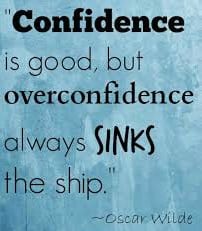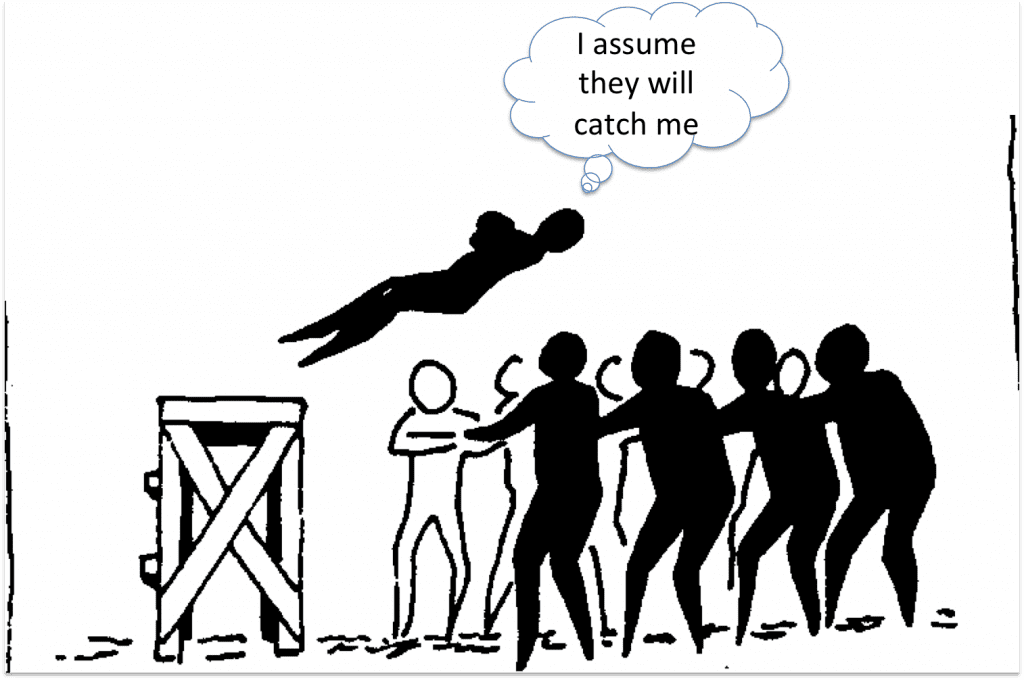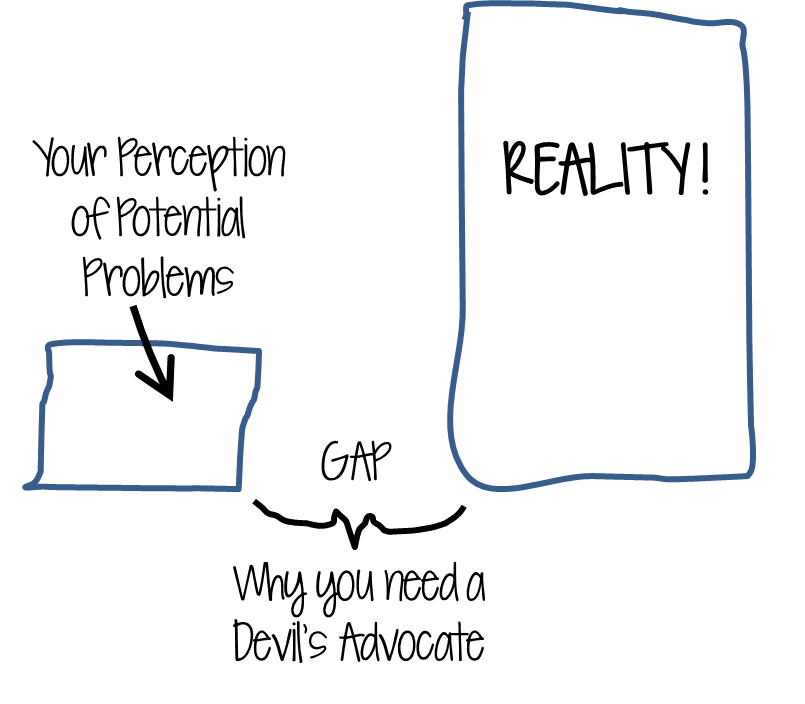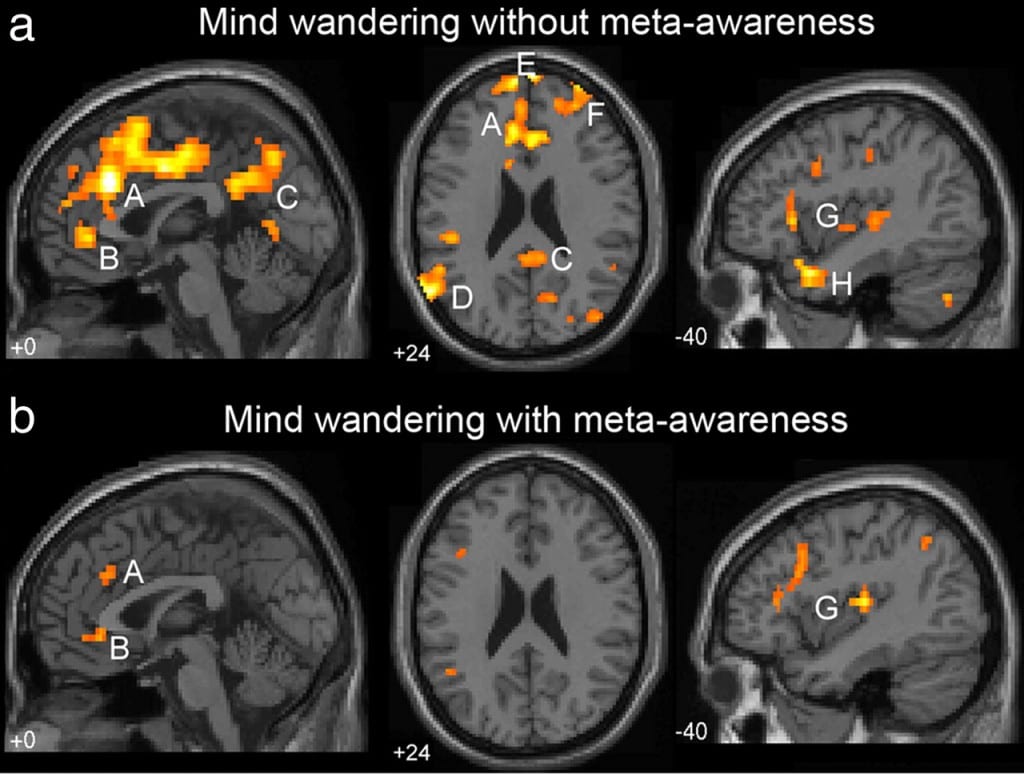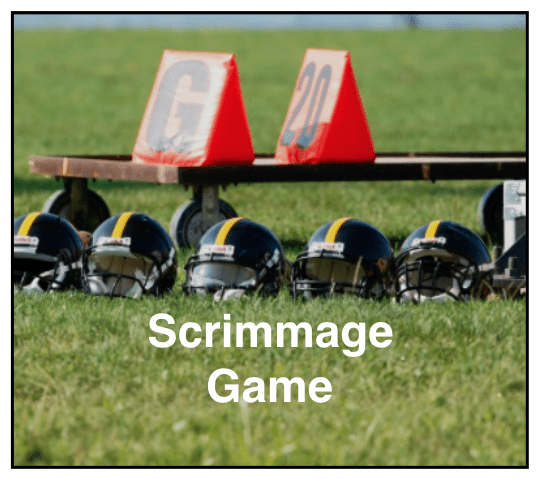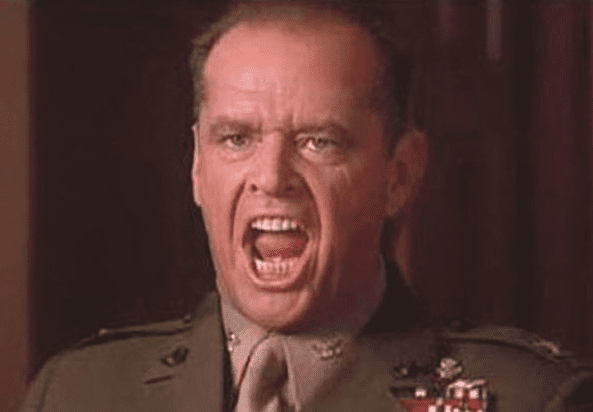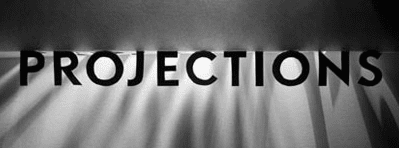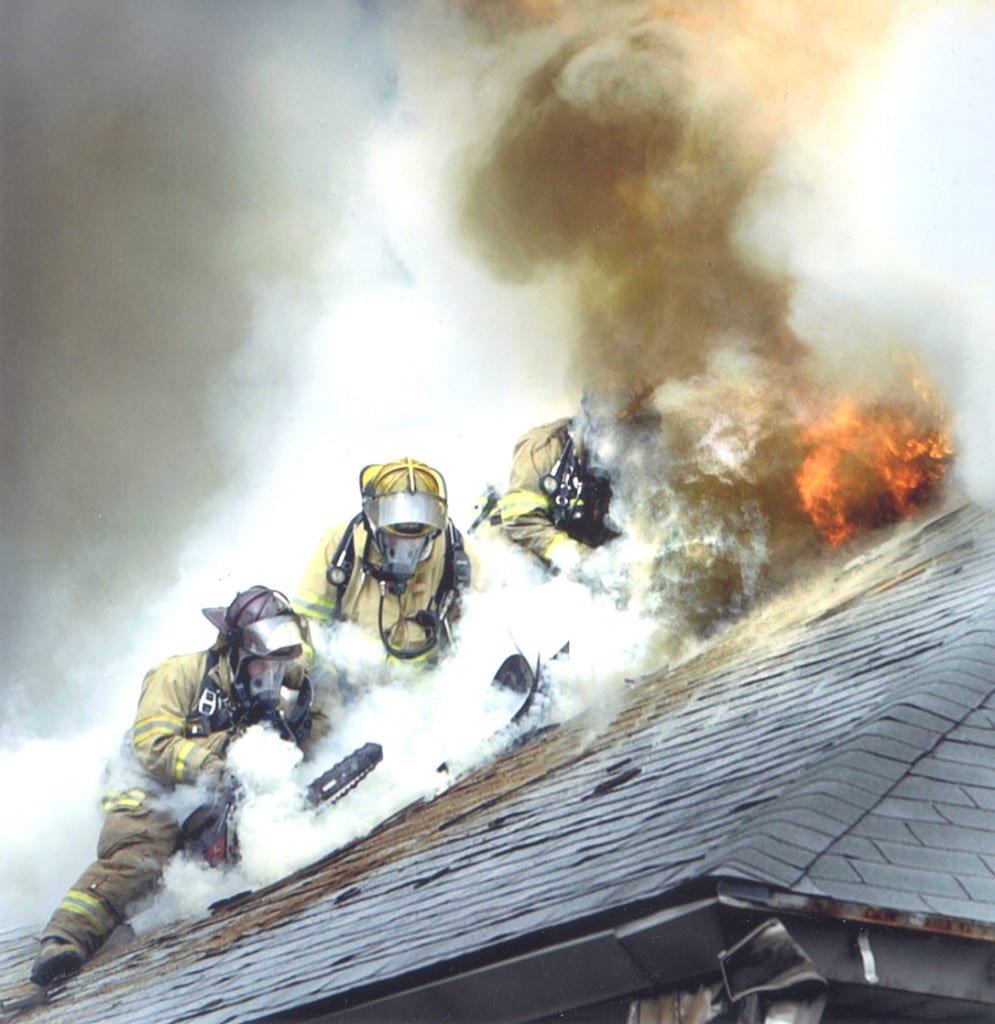Bravado
For the most part, I am fortunate. The first responders who attend my situational awareness classes are humble, courteous and professional. They come to the programs eager to learn, open-minded and ask really smart questions. Clearly, their focus is on improving their safety. But… every once in a while, I get “that guy.”

